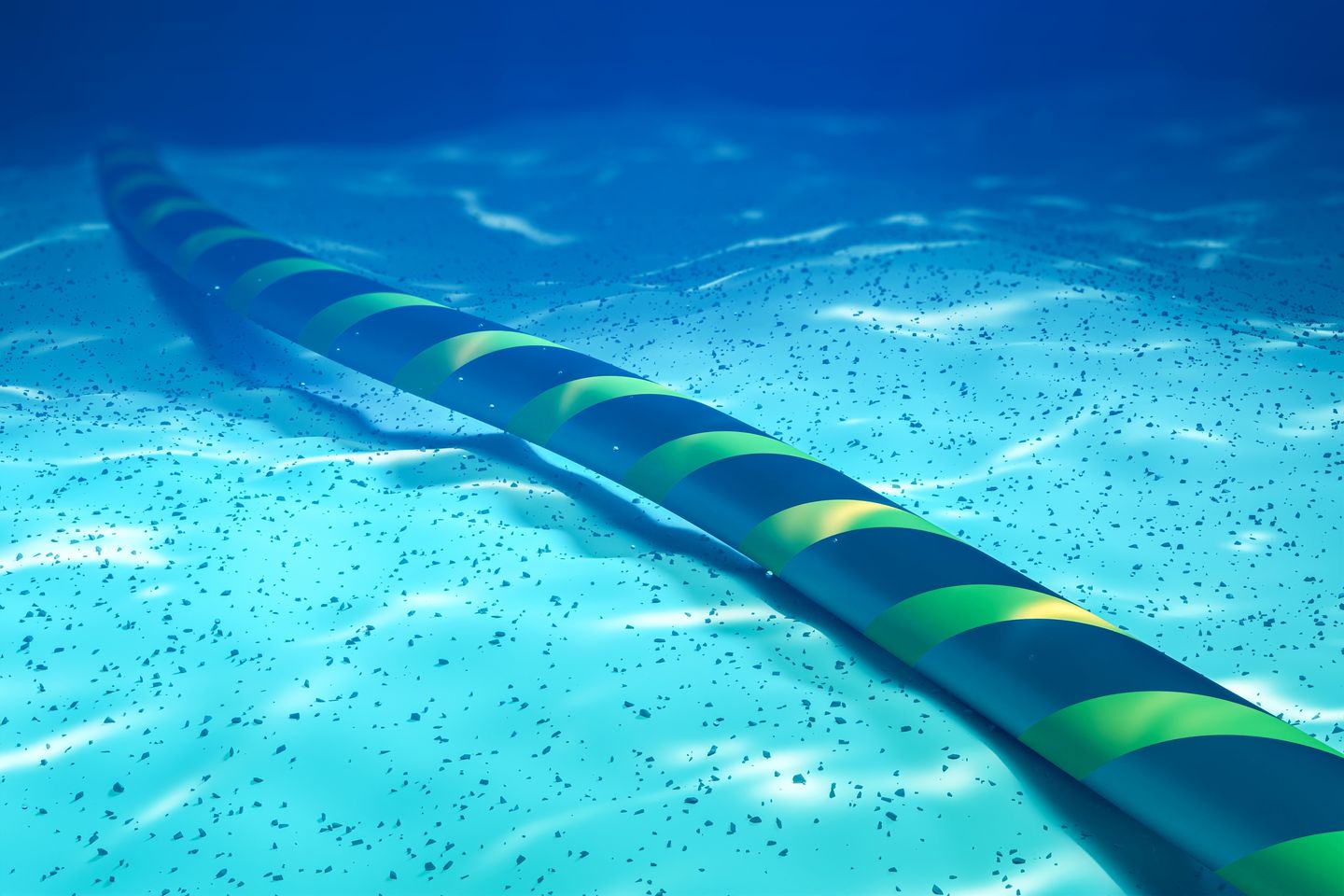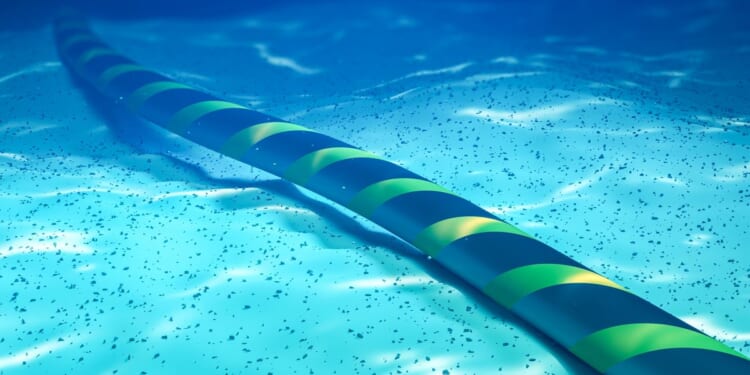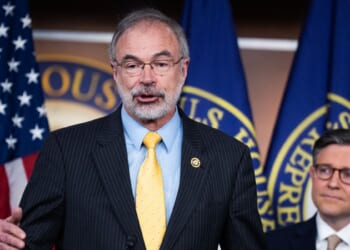
The federal government is failing to take steps to protect hundreds of undersea communications cables needed for both military and civilian activity that are vulnerable to sabotage by foreign adversaries, a panel of experts told Congress on Thursday.
About 600 underwater fiber-optic cables connected to the United States are the physical backbone of the U.S. economic system, involving more than $12 trillion in financial transactions a day, according to testimony to the House Homeland Security subcommittee on transportation and maritime security.
“The strategic importance of this network boils down to three characteristics: These cables are vulnerable, they are critical and they are irreplaceable,” said Tim Stronge, chief researcher at the company TeleGeography.
The hearing came the same week as the release of a congressional China commission report revealing that China is developing new capabilities for cutting undersea communications cables in a future crisis or conflict.
“China has increasingly engaged in undersea cable-cutting activities as a gray zone pressure tactic, and there is mounting evidence that Beijing is developing new cable-cutting technologies for potential wartime use,” the report by the U.S.-China Economic and Security Review Commission said.
At the subcommittee hearing, government bureaucracy, a lack of repair ships and a greater need for secondary and backup cable links were identified as key needs to better secure vulnerable undersea cables, a key critical infrastructure system.
About 200 cable breaks happen every year, mostly the result of accidents, the panel of four experts told the subcommittee during a hearing.
International investigators have accused China and Russia of deliberately cutting undersea cables in what are called gray zone operations – warfare below the level of kinetic conflict.
China was linked to ships that cut undersea cables near rival Taiwan, and Russia was blamed for Baltic Sea cable cutting – both actions by ships that intentionally dragged anchors over the cables, according to international investigators.
Cable breaks “don’t get investigated very well, and that leaves a huge opportunity for adversaries to engage in gray zone activities, cutting cables and just saying, ’Sorry. It’s an accident,’” said Alexander Botting, director of global security at the law firm Venable.
Private-sector undersea cable companies, faced with severe financial losses for cable disruptions, are investing billions of dollars in defenses, including new cables that connect to geographically diverse landing stations that will ensure data always has a backup path, the panelists said.
Cable operators are also using new detection technology that allows fiber cables to detect threats and a fleet of two dozen repair ships that are on standby 24 hours a day.
Kevin Fraser, a technology expert with the University of Texas law school, said secure undersea cables are essential for America’s goal of becoming an artificial intelligence powerhouse.
Success in the current AI race is dependent on mitigating numerous and growing threats to the undersea cable system, Mr. Fraser said.
A failure to maintain and protect the undersea cable system would result in significant economic, political and technological disruptions, Mr. Fraser said.
“There is no backup plan. If all or even a significant number of the 20 or so cables connecting Europe to North America were disrupted, for example, satellites would not serve as a viable alternative,” he testified.
Mr. Fraser said the U.S. needs to deploy 10 additional cable repair ships at a cost of about $300 million each. Additionally, the U.S. should deploy extra-large unmanned underwater vehicles, known as XLUUVs, similar to drones recently displayed in a Chinese military parade.
Mr. Stronge faulted the Justice Department-led Team Telecom that is in charge of telecommunications security for the federal government. A single U.S. agency should be designated to be the “champion” of undersea cable security, he said.
Eighty percent of all intercontinental data flows through U.S. lines and the large number of U.S. cables provides resilience against threats or accidents, he said.
The undersea cable industry, Mr. Stronge said, is facing roadblocks from federal, state and local governments for laying and maintaining cables. For example, receiving permits for new cables now takes up to three years compared to about one year in the past, he said.
Team Telecom, in a bid to protect national security, requires each cable operator to submit national security agreements, or NSAs, that are secret to protect proprietary corporate information.
“It’s very confusing. So essentially, instead of a coherent national policy, what we have is a thousand different rules by fiat, by Team Telecom,” Mr. Stronge said, noting that the governments of France, Italy, Norway, the U.K. and Russia have clear undersea cable policies.
“As far as I can tell, the United States doesn’t really prosecute that kind of strategy, ” he said.
Mr. Stronge noted that if dealing with Team Telecom becomes too difficult for the cable industry, companies may seek to route through other countries such as Canada and Mexico, “and as an American citizen, that scares me.”
A single agency is needed because “cable security is national security,” he said.
“We need more resilience and someone in the executive department that will help usher through these, these new, innovative plans,” Mr. Stronge said.
Mr. Botting recommended a deterrent strategy of abundant cables and rapid repair capabilities.
“This, in turn, significantly reduces the incentive for our adversaries to engage in sabotage,” he said, also calling for faster approvals for companies.
“As we seek to insulate ourselves against threats from adversaries, we should note that the continental United States is relatively well protected against a major outage,” he said, with nearly 100 undersea cable landing posts, more than any other nation.
“But because subsea cables are part of a globally connected ecosystem, and because our force projection depends on deployments beyond our shores, it’s critical that we work not only at home but with international partners to promote the implementation of best practices in those countries and enhance one another’s understanding of the threat environment.”
Mr. Fraser also called for the government to adopt a deterrent strategy against underwater cable sabotage.
“Bad actors will have little reason to sabotage a submarine cable if doing so is expensive, difficult or inconsequential,” he said.











